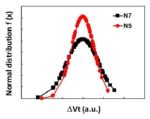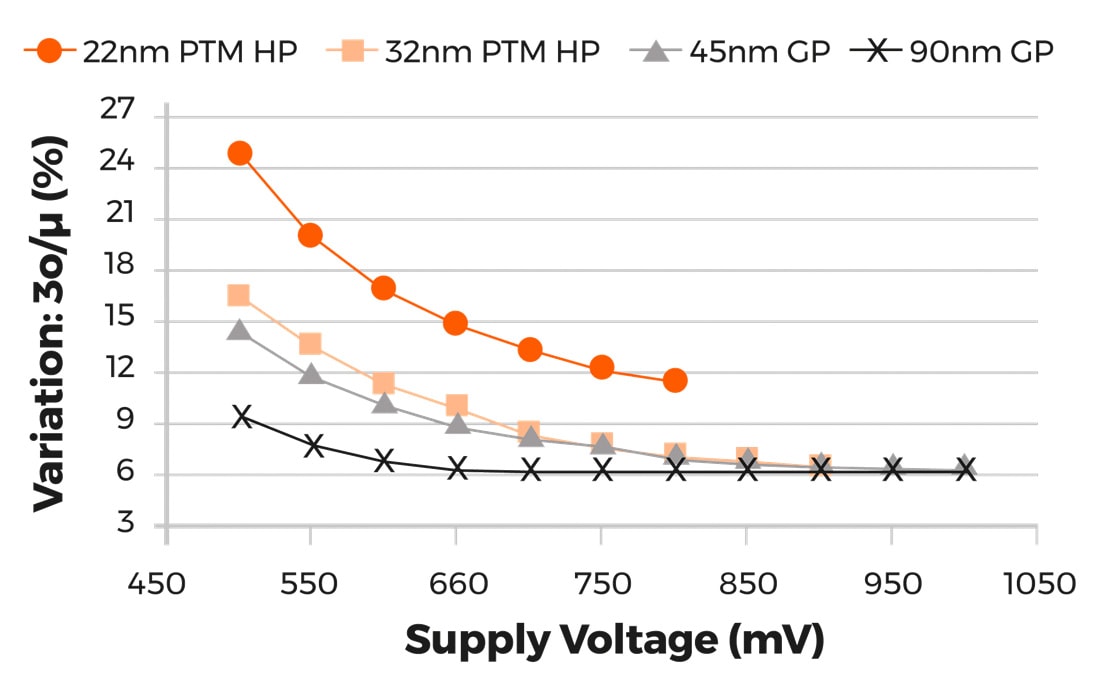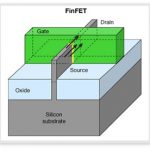As industries become more reliant on advanced technologies, the importance of ensuring the reliability and longevity of critical systems grows. Failures in components, whether in autonomous vehicles, high performance computing (HPC), healthcare devices, or industrial automation, can have far-reaching consequences.… Read More
Tag: hci
Clock Aging Issues at Sub-10nm Nodes
Semiconductor chips are all tested prior to shipment in order to weed out early failures, however there are some more subtle reliability effects that only appear in the longer term, like clock aging. There’s even a classic chart that shows the “bathtub curve” of failure rates over time:
If reality and expectations… Read More
Advanced Process Development is Much More than just Litho
The vast majority of the attention given to the introduction of each new advanced process node focuses on lithographic updates. The common metrics quoted are the transistors per mm**2 or the (high-density) SRAM bit cell area. Alternatively, detailed decomposition analysis may be applied using transmission electron microscopy… Read More
Why It’s A Good Idea to Embed PVT Monitoring IP in SoCs
At Intel back in the late 1970’s we wanted to know what process corner each DRAM chip and wafer was trending at so we included a handful of test transistors in the scribe lines between the active die. Having test transistors meant that we could do a quick electrical test at wafer probe time to measure the P and N channel transistor… Read More
Self-Monitoring SoCs – An Idea Coming of Age
In a former life I was the GM of a business where we built specialized structures used for semiconductor process bring-up, characterization and monitoring. These monitoring structures were placed in wafer scribe-lines and were used to monitor key parameters during wafer processing. The structures provided feedback to automated… Read More
The Importance of Transistor-Level Verification
According to the IEEE Std 1012-2012, verification is the acknowledgement that a product is in satisfactory condition by meeting a set of rigorous criteria. [3] Transistor-level verification involves the use of custom libraries and design models to achieve ultimate performance, low power, or layout density. [2] Prediction… Read More
FinFET Reliability Analysis with Device Self-Heating
At the recent TSMC OIP symposium, a collaborative presentation by Synopsys and Xilinx highlighted the importance of incorporating the local FinFET device self-heating temperature increase on the acceleration of device reliability mechanisms.… Read More
Predicting Lifetime of Analog ICs
With the increase of transistors per unit area, high density interconnects and manufacturing variability at lower nodes, the electronic devices have become more vulnerable to failures. The devices that operate under extreme conditions such as automotive devices that operate at high temperatures need to be robust enough to… Read More









